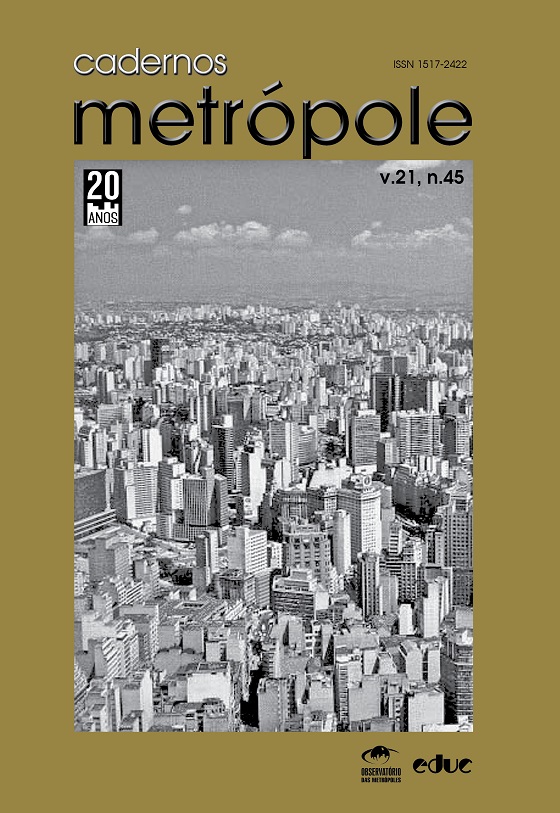New urban policies, new forms of social participation? The challenges of the Água Espraiada Urban Consortium Operation in São Paulo, Brazil
Mots-clés :
large urban projects, public-private partnerships, social participation, Água Espraiada Urban Consortium Operation, São Paulo/BrazilRésumé
Urban consortium operation is a Brazilian instrument to implement large urban projects. It aims to promote urban services and infrastructure in a specific perimeter by selling construction benefits, which include changes in land uses and building rights. The list of works, their priority and overall development should be debated in management councils representing the diversity of stakeholders involved in the project. Focusing on the Água Espraiada Urban Consortium Operation in São Paulo, this paper analyses the work of its management committee from 2001 to 2014 and exposes disputes among different stakeholders, as well as their strategies and challenges to effective participation. Ultimately, what was supposed to be an arena for democratic decision-making has become an informative arena that legitimizes the project.
Téléchargements
Publié-e
Comment citer
Numéro
Rubrique
Licence
A revista não tem condições de pagar direitos autorais nem de distribuir separatas.
O Instrumento Particular de Autorização e Cessão de Direitos Autorais, datado e assinado pelo(s) autor(es), deve ser transferido no passo 4 da submissão (Transferência de Documentos Suplementares). Em caso de dúvida consulte o Manual de Submissão pelo Autor.
O conteúdo do texto é de responsabilidade do(s) autor(es).


